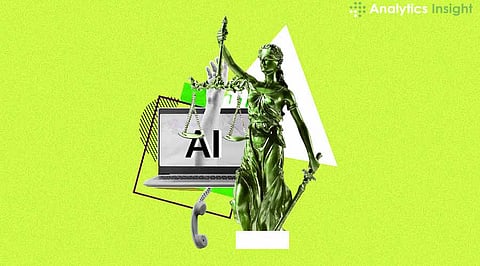

Artificial Intelligence is transforming India, from farming tools to city planning, but its rapid rise demands rules to match. The nation stands at a crossroads, eager to harness AI’s promise while guarding against its pitfalls. What lies ahead for AI regulations in India? Let’s explore the current scene, the challenges, and the path forward.
India has no full-fledged AI law yet, but the jigsaw is coming together. The government has been vocal about boosting technology with efforts like the National AI Strategy by NITI Aayog, promoting innovation in health care, education, and agriculture.
The IT Ministry, on the other hand, has given hints at impending guidelines, particularly following public discourse on deepfakes and fake news on the internet. Current laws—such as the IT Act of 2000—touch upon some digital terrain, but they're thinly spread against the intricacies of AI.
Take the 2024 social media guidance: it encourages companies to label untested AI material and warn users of glitches. It's the start, but it's less of a strict rule than a prompting. India's catching up, learning from global leaders like the EU's AI Act, but reshaping them into its own loose, fast-changing tech sphere.
AI is powerful, but so are its dangers. Think of a farmer depending on an AI app for advice on what to plant—fine if it is correct, catastrophic if it is not. Or think of factory jobs lost as machines do the repetitive work. And then there's the dark side: biased algorithms spewing out unwarranted loans or facial recognition incorrectly identifying people in a multiracial country like India.
Unless there are adequate rules, these issues get to simmer. Privacy's another hot potato—AI guzzles data like an insatiable monster, and India's Personal Data Protection framework is still finding its legs. The government desires growth, yes, but not at the expense of chaos. Rules might impose limits so that AI assists without injuries.
Composing AI legislation is no cakewalk. To begin, India's technological landscape is an untamed beast—global biggies, agile startups, and rural inventors all elbowing each other to fit in. One-size-fits-all measures could strangle the small-time operators while enabling the big fry to wriggle out of them. Second, there's the talent divide: implementing AI rules requires know-how, and India lacks personnel who can unlock this technology quagmire.
Another hitch? Paces. AI comes quickly—consider ChatGPT appearing out of the blue—while legislation ambles. By the time a regulation is prepared, the technology's already evolved. And India needs to balance its international reputation—too rigorous, and businesses will leave; too loose, and it will appear irresponsible. Discovering that perfect balance is difficult.
So, what's next? India's going to introduce a light AI framework soon—less on punishing errors and more on nudging progress. The buzz is that the emphasis will be on transparency: getting AI systems to explain themselves, particularly in sensitive domains like healthcare or policing. Watermarks for AI-generated content, such as videos or articles, may become the norm to combat fakes.
The government is also placing big bets on domestic tech. With a $1.25 billion AI investment in 2024, look for policies encouraging companies to make here, not merely borrow from overseas. The collaboration's important too—think tanks, programmers, and even ordinary citizens may have a voice, crafting rules that accommodate India's idiosyncrasies.
Education is the other puzzle piece. Preparing individuals to utilize AI—while recognizing its boundaries responsibly—may smooth out the transition. Imagine schools instructing children in coding, as well as ethics. With time, stricter regulations will become law if abuse mounts. Meanwhile, it's a case of setting base without scaring creativity.
India's AI journey is just beginning. Regulations will ascertain if it's a smooth journey or a bumpy one. The secret is balance—allowing AI to flourish while remaining in control. It's not about shackling the technology down, but guiding it to raise lives, not upend them. As India charts this path, the world is watching. Done correctly, it could lead the pack in intelligent, equitable AI regulation.
